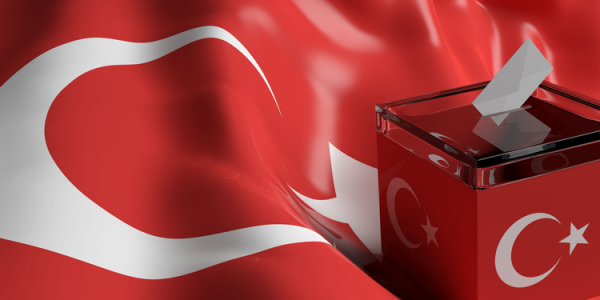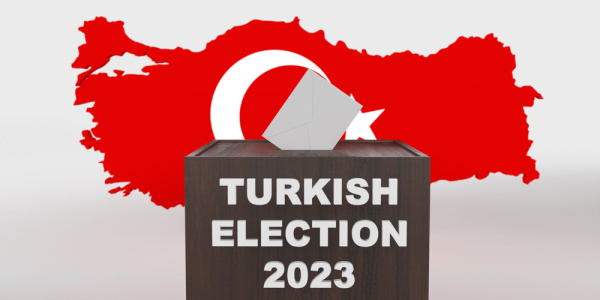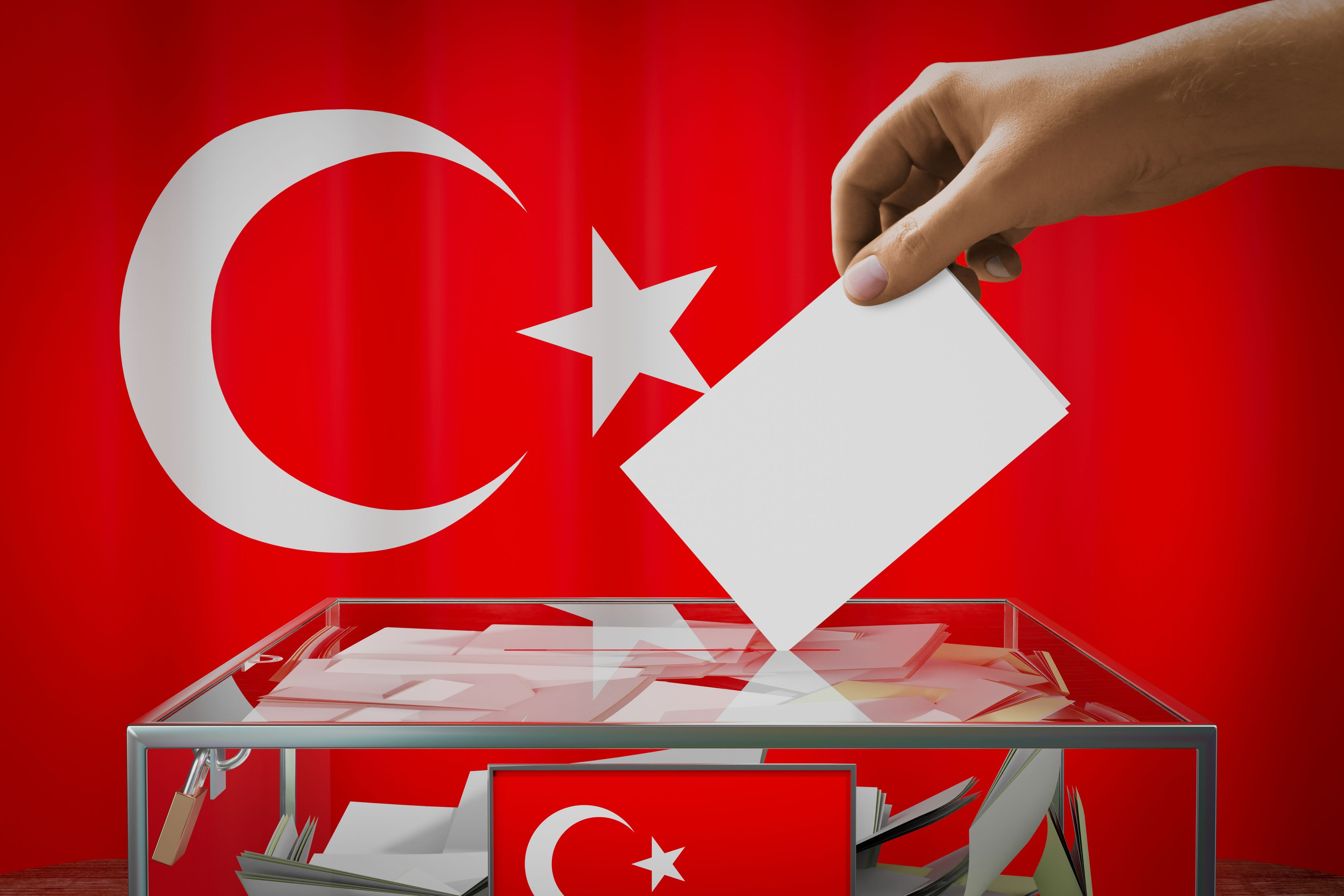Does Kılıçdaroğlu Have a Path to Victory?
By Halil Karaveli
May 23, 2023
Kemal Kılıçdaroğlu’s failure in the first round of Turkey’s presidential election is a testimony to the waning appeal of liberalism in the face of ethnic conflict and refugee flows. The Turkish nationalism on which Kılıçdaroğlu has fatefully stumbled is fuelled by the Kurdish challenge and the Syrian refugees. But it is also fed by a heightened sense of national insecurity in a global context of escalating geopolitical confrontation. The virulently nationalist rhetoric against the Syrian refugees that Kılıçdaroğlu has adopted in order to make himself a palatable choice to right wing Turkish nationalists does not necessarily offer him a path to victory. Tarnishing his image as a liberal and social democrat, he risks forfeiting the support of the Kurdish voters as well as the support of Turkish liberals and leftists.

Will the Turkish State Accept Kılıçdaroğlu as President?
By Halil Karaveli
May 8, 2023
It was the perceived need by the Turkish state to check the Kurdish political movement that precipitated the transition to the presidential system. Today, it is Kemal Kılıçdaroğlu’s determination to abolish this system that has secured him the support of the Kurdish movement and set him on a path to victory on May 14. But conversely this also makes Kılıçdaroğlu unacceptable to the state. A peaceful transition of power – which has been a cornerstone of Turkish democracy despite its deeply flawed character otherwise – cannot be taken for granted. The most optimistic scenario is that decision-makers in the state nonetheless conclude that the democratic legitimacy of the state must be preserved and wager that they can control and constrain Kılıçdaroğlu if he is elected president, ensuring the survival of the system over which Recep Tayyip Erdoğan has presided.

Illusions of Unity: The Travails of Turkey’s Main Opposition Alliance
By Halil Karaveli
October 6, 2022
CHP leader Kemal Kılıçdaroğlu’s potential candidacy in next year’s presidential election is causing tensions within Turkey’s six party main opposition alliance, raising doubts about the viability of the alternative alliance to the rule of Recep Tayyip Erdoğan, who has rebounded in the polls. Turkey’s past, sociology and the right-wing character of the opposition alliance where the CHP is in ideological minority militate against the social democrat Kılıçdaroğlu’s presidential bid. And while Turkey’s long-standing culture war between seculars and religious conservatives may have come to an end, ethnic aspirations and rising socio-economic discontent – to which the left and the right respond differently – are bound to fuel societal conflict and make it difficult, if not impossible, to sustain a the left-right opposition alliance and the notion that there is a viable alternative to Erdoğan.

A Divisive Campaign in a Polarized Turkey
By M. K. Kaya (vol. 4, no. 12 of the Turkey Analyst)
The June 12 general election was historic as it was the first general election in Turkey over which the shadow of the military and the other institutions of tutelage did not fall. Yet the ruling party’s tactics ensured that the election campaign still took place in an environment whose atmosphere was all but democratic. The elections underlined Turkey’s traditional split between a rightist majority and a leftist minority; it also showed that the AKP and the Kurdish BDP – the election’s main winner – both benefited from the polarized electoral environment; further, the main opposition CHP’s impossibly eclectic crop of candidates had too little of a common denominator to challenge the AKP. It will now be up to the new parliament to put the divisive campaign behind it and achieve a new constitution through compromise. Whether that is at all likely nevertheless remains doubtful.
Turkey's Economy: a Trump Card for the AKP in the June Elections
By Peter G. Laurens (vol. 4, no. 10 of the Turkey Analyst)
Less than a month from now, Turkish citizens will go to the polls to cast their votes in the Republic’s seventeenth general election. Economic problems are often the catalyst for political change worldwide and in Turkey this is no exception, but in the country at present there is precious little bad economic news for opposition parties to exploit in attempting to weaken the ruling party’s chances at victory.



